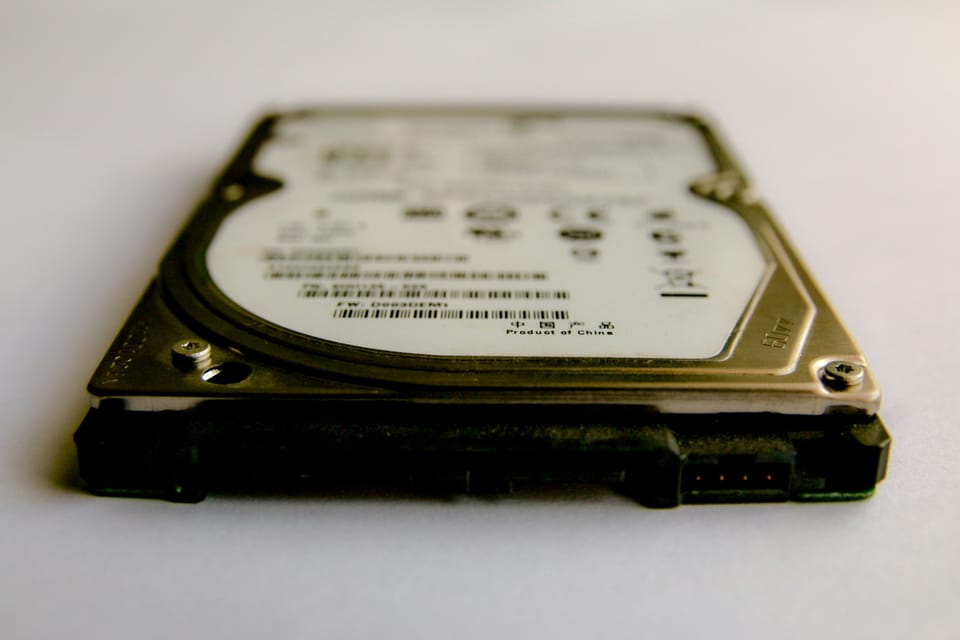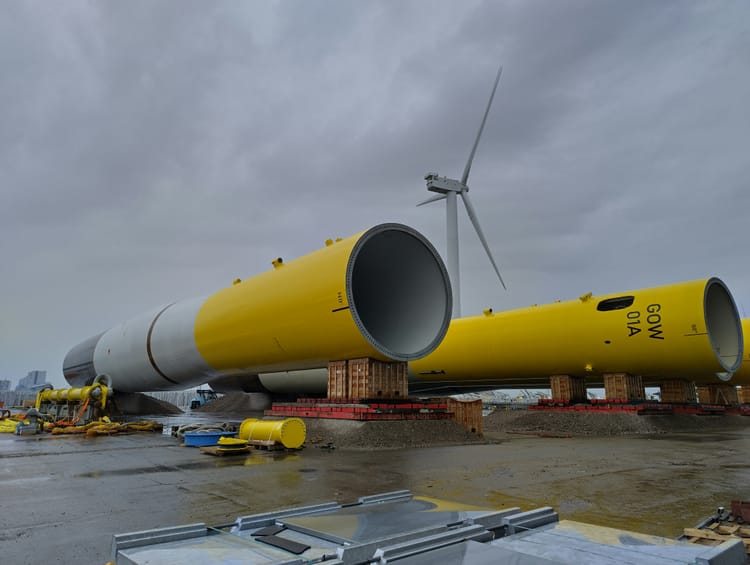Microsoft starts recycling rare earth elements from data centre hardware
China is estimated to be responsible for 70% of global rare earth element production – with US tariffs now standing at 145%.

Microsoft is part of a new collaboration to recover and recycle rare earth elements from discarded hard disk drives collected from its data centres.
The programme launched last week in the US by Microsoft, Western Digital, Critical Materials Recycling and PedalPoint Recycling aims to reduce hard drive manufacturers’ reliance on imported virgin rare earth elements and make data centre supply chains more sustainable.







